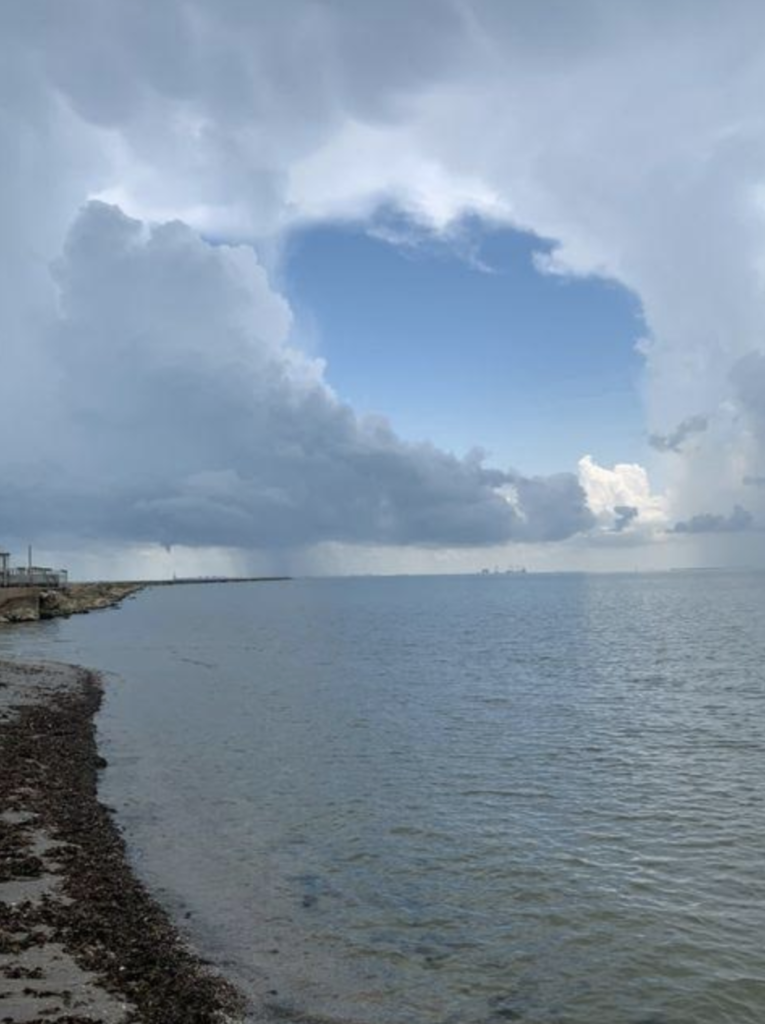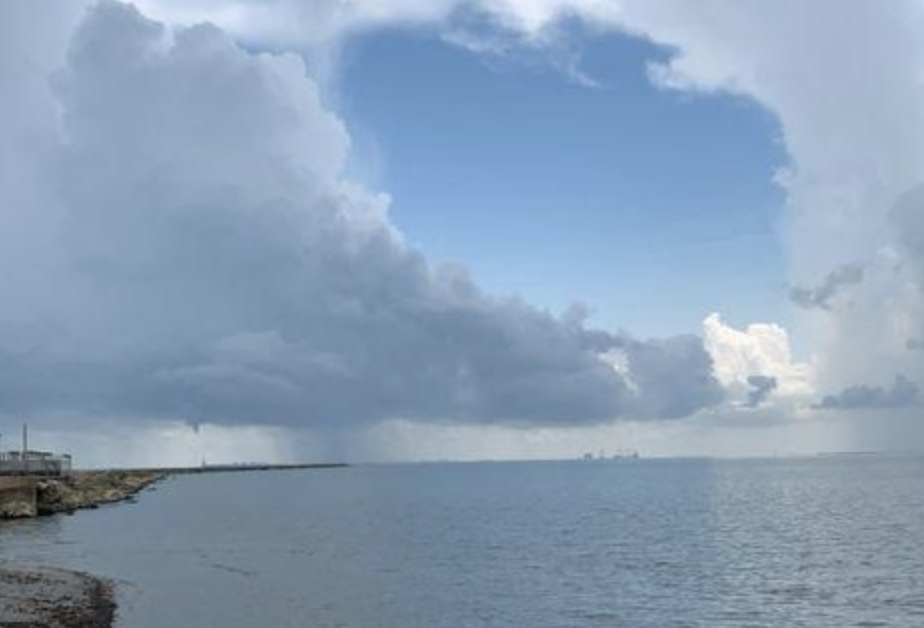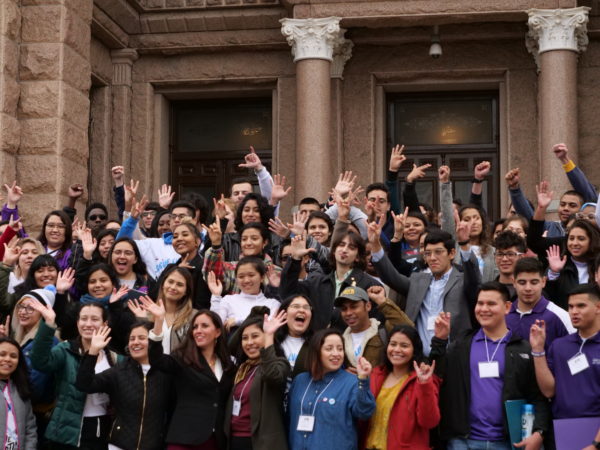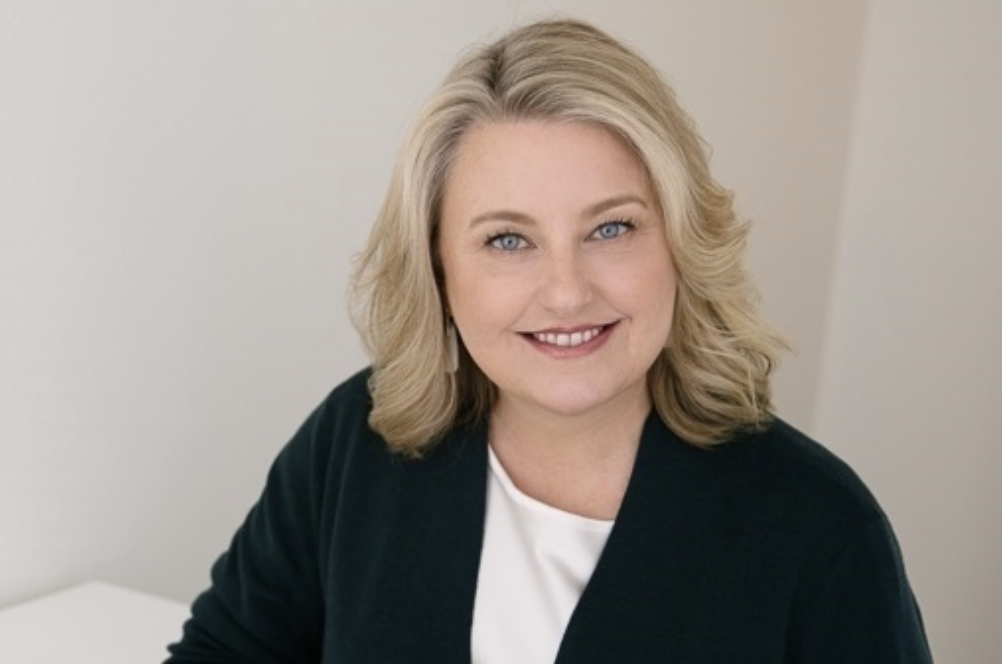(By HOPE WILSON)
CORPUS CHRISTI — Chiara Beaumont used to believe that her people were extinct.
Beaumont’s mother raised her with cultural knowledge of her ancestors, the Karankawa, a Native people of southern Texas. And then, via social media, Beaumont’s mother began to connect with other Karankawa descendants.
“After she made these connections, it was so easy for us to meet and gather and start to work together towards our goal of simply being one again,” Beaumont said.
The community is called the Karankawa Kadla, a name which acknowledges their descent from the Karankawa people.

According to Beaumont, after the community formed, a threat to the ancestral lands of the Karankawa quickly rallied its members together to fight it.
The threat: a proposed expansion of the Enbridge Ingleside oil terminal in Corpus Christi Bay.
The terminal is located at the edge of an old Karankawa settlement. Tens of thousands of Karankawa artifacts have been found at a nearby site, McGloin’s Bluff.
The Karankawa Kadla, along with two other groups, filed a lawsuit in August against the U.S. Army Corps of Engineers, challenging a permit issued in April that would allow dredging in the bay.
The permit was granted to Houston liquids terminal and logistics company Moda Midstream, then owner of the Ingleside terminal.
Ownership of the project has since transferred to Enbridge, an international pipeline company based in Canada.
According to the lawsuit, the Corps must prepare an Environmental Impact Statement in order to conform to the Clean Water Act and the National Environmental Policy Act.
At issue are whether the project is in the public interest, and whether its potential environmental impacts have been sufficiently taken into consideration.
The lawsuit cites the experiences of individuals, both Indigenous and non-Indigenous, to argue that the project may not be in the best interest of the public:
A member of one plaintiff group, Indigenous Peoples of the Coastal Bend, worries that the expansion will bring increased ship traffic and noise that will impact her ability to participate in spiritual ceremonies in the area.

A Karankawa Kadla member is concerned for his ability to pray in silence at the site, and worries that the terminal expansion would harm animals, plants, and water quality, decreasing his enjoyment of the area.
According to the lawsuit, Patrick Nye, who lives near the terminal, already experiences industrial noise, light pollution, and odors from the facility.
The lawsuit argues that potential impacts on the nearby wetlands and the seagrass beds off the coast have not been sufficiently explored.
The lawsuit was filed in the United States District Court for the Southern District of Texas.
Not everyone wants to fight the terminal expansion. Just ask Robert Ricklis, an archaeologist who excavated thousands of artifacts from the Karankawa settlement.
“McGloin’s Bluff is unique,” said Ricklis in an Oct. 4 article in the Texas Tribune. “But we probably know everything we’re going to know about it [as archaeologists].”
Beaumont finds this shortsighted. “The archaeological benefits might all be reaped, but to the Karankawa Kadla, the land itself is just as important as what you find inside of it.”
Beaumont is proud that her ancestors refused to be moved from their land. Instead, they hid from the Texas Rangers in order to survive.
“The land represents my people, our presence, and our story. And how people are treating it now is history repeating itself, and trying to erase our presence from their map.”




